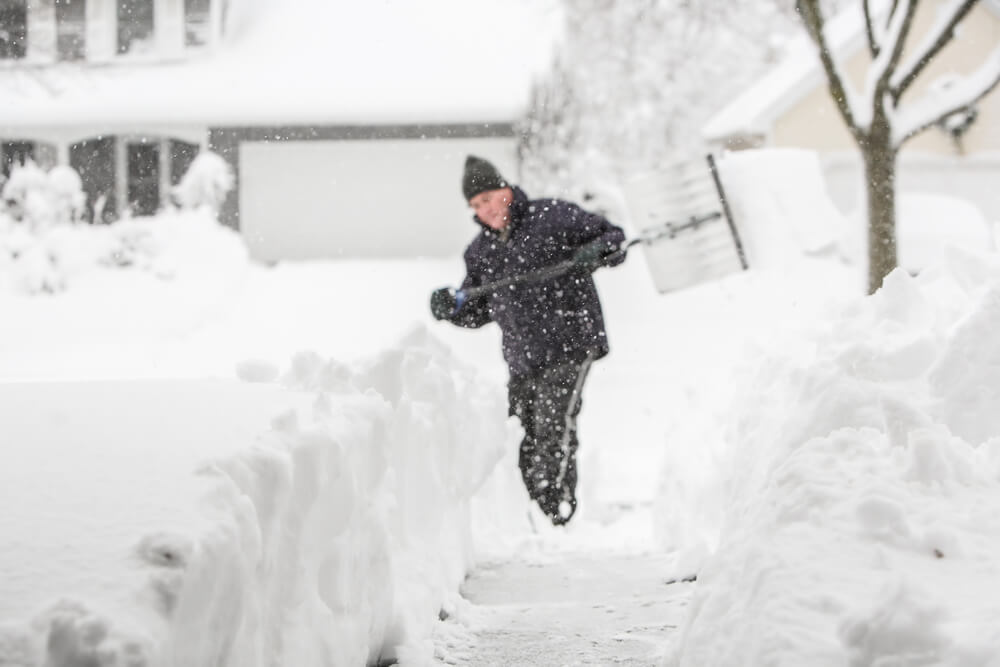During winter, it’s important to know cold weather effects on heart and circulatory system. You should especially be mindful if you have a heart condition.
Recommended: Learn More about Protecting the Health of Your Heart with L-arginine Plus
Cold Weather Effects on Heart and Circulatory System
Exposure to cold weather can not only exacerbate your heart condition, but can lead to an increased chance of a heart attack or stoke whether or not you have a pre-exisitng heart condition. Therefore, it is very important to understand the effects cold weather, especially extreme cold weather, can have on the heart and it’s important to stay warm during the winter as much as possible.
Cold temperatures make your heart work harder to keep your body warm causing blood vessels to constrict which may reduce blood flow to the heart. This can lead to increases in blood pressure while demanding more from your heart.
The cold can also cause changes to your blood that may increase the risk of developing blood clots. People with coronary heart disease often suffer angina pectoris (chest pain or discomfort) when they’re in cold weather.
Besides cold temperatures, high winds, snow and rain can steal body heat and force your heart to work harder. Wind is especially dangerous, because it removes the layer of heated air from around your body.
At 30 degrees Fahrenheit in a 30-mile per hour wind, the cooling effect is equal to 15 degrees Fahrenheit. Dampness in the air can cause the body to lose heat faster than it would at the same temperature in drier conditions. When hypothermia happens, your heart, nervous system, and other organs cannot function properly. If left untreated, hypothermia can lead to heart and respiratory system failure and even death.
Winter sports enthusiasts who don’t take certain precautions can suffer accidental hypothermia. Elderly people are especially vulnerable in winter months if the cold causes a drop in their body temperature.
Snow-shoveling is a strenuous activity that, when coupled with cold temperatures, increases the demand on your heart—especially if you haven’t been exercising regularly. Breathing in cold air while you shovel increases the workload further. For people who have heart disease, there can be an increased risk of cardiac arrest.
What to Do to Protect Your Heart During the Winter
- Wear absorbent, breathable layers of clothing thereby trapping air between layers which will form a protective insulation
- Clothes made from wool, silk, down and fleece are some of the best choices to wear
- Wear a hat because heat is lost through the head and ears are prone to frostbite
- Keep your hands and feet warm, too, as they tend to lose heat rapidly
If the temperature increases during the day layers can be taken off thus maintaining an optimal and heart-healthy body temperature.
When temperatures are extremely cold, try to minimize your time outside or if possible avoid going out altogether.
If you reside in a cold climate, have serious heart problems and have the resources to go, you may consider doing what millions of “snowbirds” do and head south for the winter returning home again in the Spring to avoid all the potential effects the cold weather can have on your heart’s health.
Interested in Keeping Your Heart Healthy? Learn More about the Benefits of L-arginine Plus

